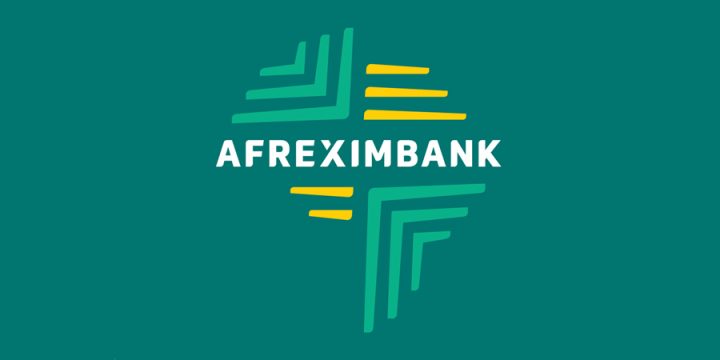The African Export-Import Bank (Afreximbank) has projected that Nigeria’s inflation rate could decline to about 14 percent by the end of 2026, provided that the government maintains its current pace of economic reforms and policy consistency. The forecast was presented by Yemi Kale, the bank’s Group Chief Economist and Managing Director of Research, during a recent public forum where he assessed the country’s macroeconomic trajectory and reform outcomes.
According to Kale, Nigeria’s recent economic indicators show encouraging signs of stability, especially as inflation begins to ease after months of aggressive monetary tightening and fiscal adjustments. He noted that headline inflation has started to decelerate due to policy coordination between the Central Bank of Nigeria (CBN) and the fiscal authorities. While inflationary pressures remain, he said that consistent reforms in foreign exchange management, subsidy removal, and fiscal discipline could bring inflation down significantly over the next two years.

Kale commended the CBN for its renewed commitment to price stability as a core mandate. He highlighted measures such as raising the Monetary Policy Rate to 27.5 percent, mopping up excess liquidity in the financial system, and improving transparency in monetary communication. These, he said, have started to build confidence among investors and improve the predictability of macroeconomic outcomes. He also lauded the institution’s shift from ad hoc interventions to a rules-based framework, which helps reduce uncertainty and aligns with international best practices.
The economist observed that while inflationary declines may seem modest in the short term, they represent important progress. Every percentage point drop in inflation, he explained, protects the real value of incomes and savings, stabilizes business planning, and enhances investor confidence. He projected that if Nigeria sustains its reform pace, inflation could steadily decline from current levels toward the low double digits by 2026.
However, Kale warned that the reforms come with short-term pains, particularly for low-income households who face higher costs of living following fuel subsidy removal and currency adjustments. He emphasized the need for effective social protection programs to cushion the impact of reforms on vulnerable citizens. Without such measures, he cautioned, the political and social costs of reform could undermine the sustainability of current policies.
Kale drew parallels with other African economies such as Egypt and Ghana, where structural reforms were accompanied by cash transfers, social safety nets, and food programs to help citizens manage the adjustment process. He urged the Nigerian government to take a similar approach by prioritizing targeted assistance, school feeding programs, and affordable transport schemes to mitigate inflation’s immediate effects.
He further stated that Nigeria’s path to disinflation depends not only on monetary tightening but also on complementary structural policies. Stable power supply, efficient transport systems, improved security for farmers, and better logistics for food distribution are all critical to moderating food inflation, which remains the main driver of price increases. Kale added that tackling bottlenecks in energy and infrastructure will further reduce production costs and stabilize prices in the medium term.
On fiscal policy, he advised the government to maintain discipline by curbing wasteful spending, broadening the tax base, and promoting accountability in public finances. These steps, he argued, will complement monetary actions and help maintain confidence in Nigeria’s fiscal sustainability. Kale also called for continued collaboration between federal and state governments in implementing coordinated economic strategies to avoid policy reversals that could disrupt the current progress.
Afreximbank’s projection has been welcomed by economic analysts, who see the 14 percent inflation target as ambitious but achievable if reforms are consistently implemented. They pointed out that maintaining exchange rate stability, deepening domestic production, and managing global commodity shocks would be key to sustaining progress. Some experts added that the government’s ability to maintain investor confidence through transparent policies will determine whether Nigeria can meet the target.
Despite the optimism, challenges persist. Global oil price volatility, climate-related shocks affecting food production, and fluctuations in foreign exchange reserves could still disrupt the downward inflation trend. Kale stressed that these risks make it essential for Nigeria to diversify its economy and strengthen local manufacturing and agricultural value chains to reduce reliance on imports.
He concluded that the success of Nigeria’s disinflation path will hinge on policy consistency, institutional credibility, and effective communication. As long as reforms remain on track and the government continues to balance short-term pain with long-term economic gain, Kale expressed confidence that inflation could drop to around 14 percent by 2026 — marking a return to macroeconomic stability and renewed investor trust in Nigeria’s economic management.
Support InfoStride News' Credible Journalism: Only credible journalism can guarantee a fair, accountable and transparent society, including democracy and government. It involves a lot of efforts and money. We need your support. Click here to Donate
